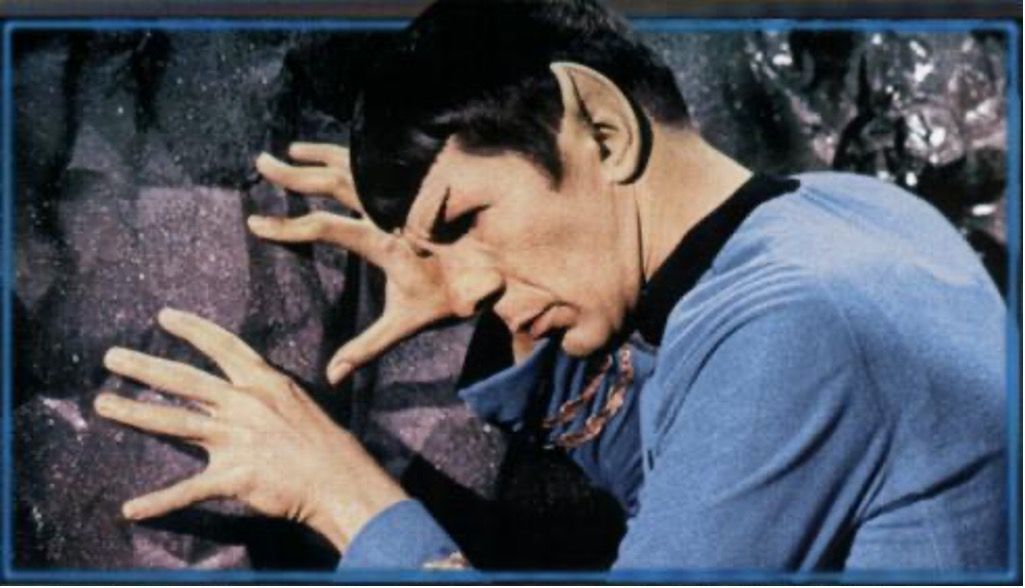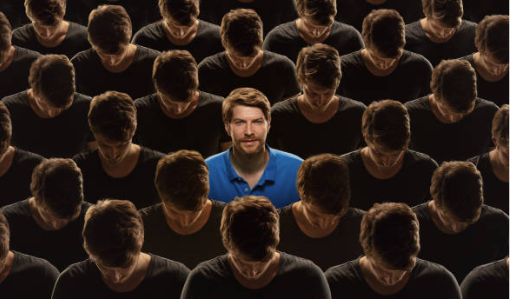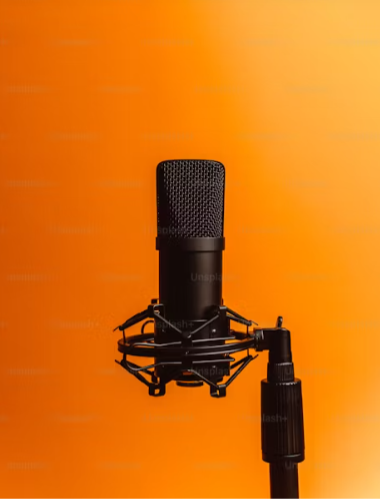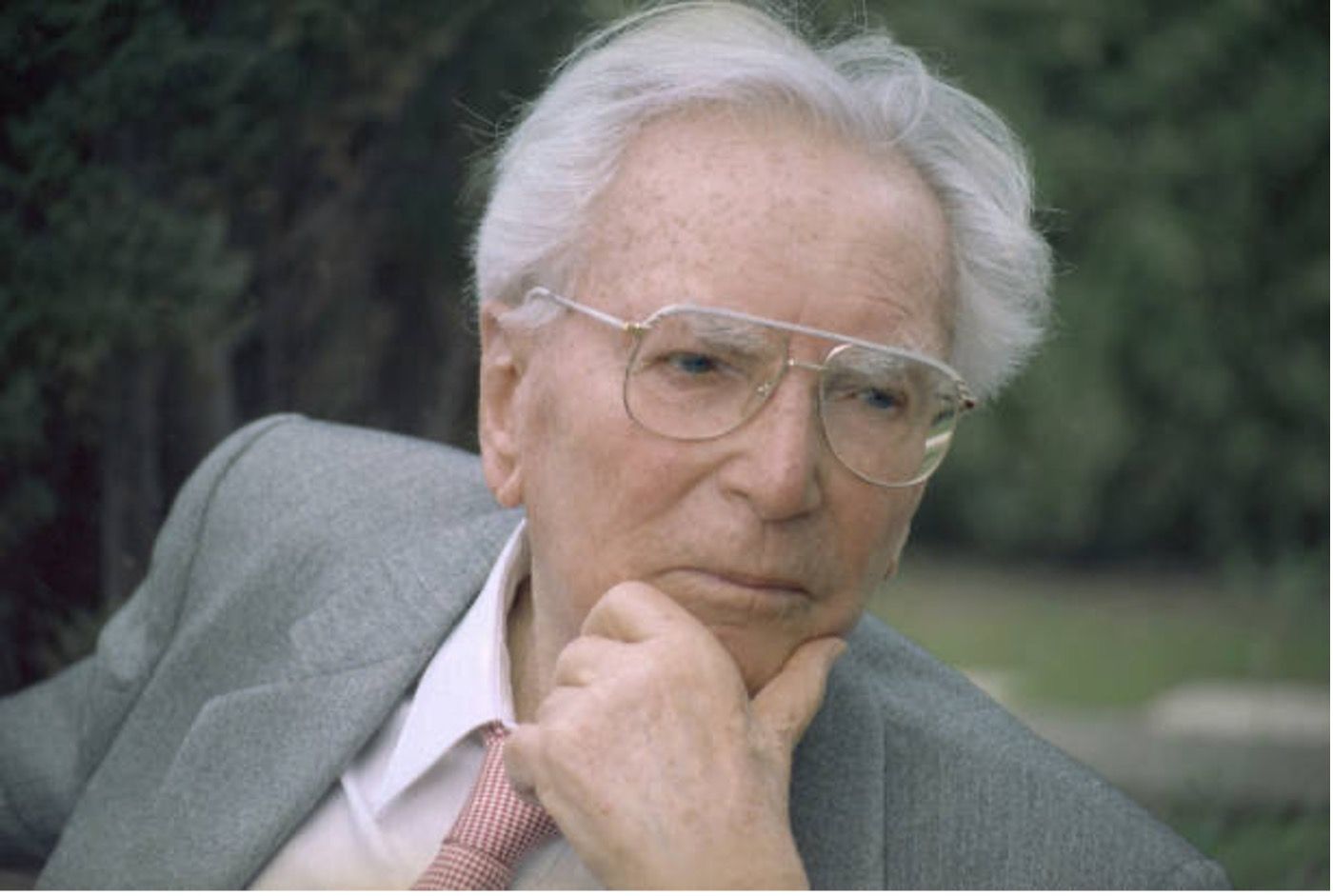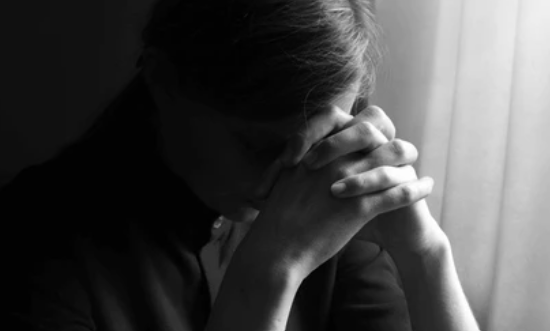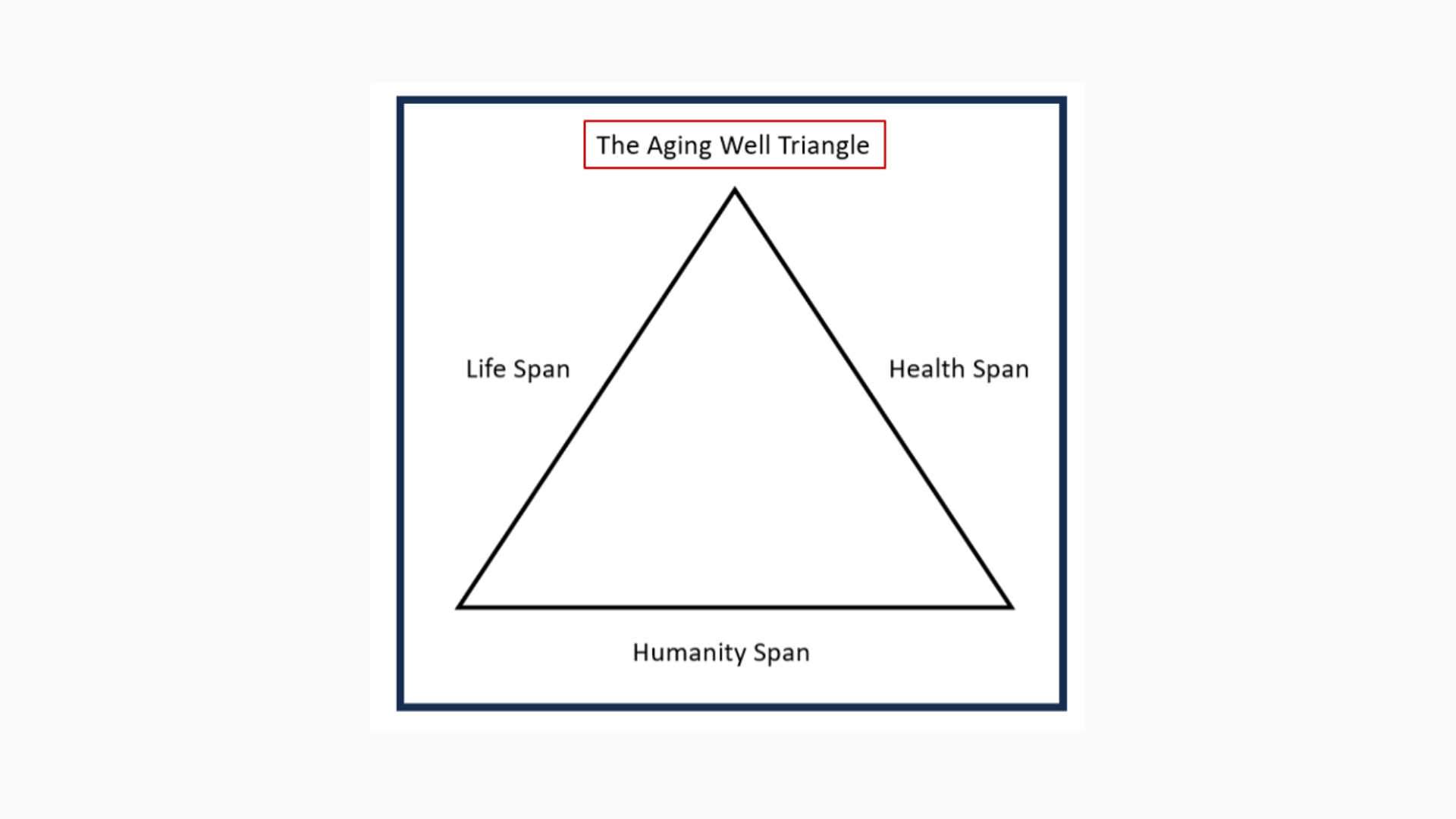THE MIND-PRISONER ASSESSMENT
THE MIND-PRISONER ASSESSMENT

WAKE UP; YOU’RE IN PRISON
"Why do you stay in prison when the door is so wide open?" - Rumi
I will try to answer Rumi’s question.
Most people think they are their minds. There’s no separation between their “me” and their “mind.” The mind is who they think they are. For them, the mind is them.
Many spiritual teachers, philosophers, and pundits - Ram Dass, Alan Watts, Paul Sartre, Arthus Schopenhauer, Franz Kafka, Fyodor Dostoevsky, George Orwell, Aldous Huxley, Ken Wilber, and Plato say the same thing: “Your mind is a prison.” They also say you don’t realize you’re in prison.
But for a moment, think about your life—relationships, work, money, government, neighbors, kids, possessions, aging, health, the past, the future, and our current politics—ask yourself, do you feel free?
Are you experiencing a sense of spaciousness, openness, and expansiveness in your surroundings and relationships? Do you feel a sense of peace, inner calm, and tranquility, liberated from the grip of anxiety, stress, or worry? These are features of being free.
Are you finding joy, contentment, and a sense of well-being in living authentically and without constraints? Do you believe you have the power to shape your destiny and break free from any mental limitations? That’s freedom.
Or do you feel restricted by certain limitations and boundaries? Are you being held captive, against your will, by your career, family, work, and your age? Do you feel trapped, unable to escape several personal or aging situations or circumstances? Do you feel dominated, subject to the control of another person or conditions? These are the bars on the mind’s prison cell.
The Contemporary Elder’s Freedom Test:
The test measures the degree of freedom that you are experiencing.
On a scale of 1 to 10: 1–never. 10–always. Rate yourself on a scale of 1 to 10 in the following statements.
- : A sensation of having no burdens or constraints, as if a weight has been lifted from my shoulders. ______
- : A deep sense of happiness and contentment, accompanied by a spontaneous smile and laughter. ______
- : An inner calm and tranquility, free from anxiety, stress, or worry. ______
- : Feeling in control of my own life, with the ability to make choices without external pressure. ______
- : A sense of limitless possibilities and the ability to explore new horizons without fear. ______
- : The freedom to be my truest self without conforming to others' expectations or judgments. ______
- : A heightened awareness of the present moment, fully experiencing life without being distracted by past regrets or future anxieties. ______
- : A deep sense of connection to the world, nature, and other people, feeling part of something larger than myself. ______
When you are free, you score very high numbers for each statement. But if you answered honestly, most likely you realized you are under ‘Mind Arrest,' and your monitoring ankle bracelet is your thoughts.
The opposite of freedom is incarceration. To repeat, you can’t get out of prison until you realize you are in prison. And the mind’s prison is not a public institution; it is one of those for-profit prisons. They make money by keeping prisoners for as long as possible. The mind profits by keeping you in prison.
THE MIND’S DESIGN PRINCIPLES
"The mind is a superb instrument if used rightly. Misused, however, it becomes very destructive. To put it more accurately, it is not so much that you misuse your mind – you usually don’t use it at all. It uses you. This is the disease. You believe that you are your mind. This is the delusion. The instrument has taken you over." - Eckhart Tolle.
A four-question assessment to reveal your mind’s design
Scale 1 – 10. 1-Never. 10-Always
- Does your mind trap you in cycles of downbeat thinking, pushing you to meditate and self-criticize, leading to feelings of anxiety, depression, and low self-esteem? ________
- Does your mind have strong cognitive biases? Do your decisions only favor information that validates your pre-existing beliefs? ________
- Does your mind make them or it wrong and you right? -_______
- Does your mind hold recurrent limiting beliefs about yourself, which shape your behavior and choices in restrictive ways? _______
- Has your mind become attached to a particular identity and self-image? If so, do you find it difficult to change yourself? ______
The mind is perfectly designed to keep you on the high end of this scale for all five questions.
Changing your mind doesn't change your mind because your deeper patterns of thinking and habitual responses remain the same until you address them at their core. You can’t see the core when you're inside the core. The mind can’t change itself until you go out of your mind.
Not out of your mind in a pathological sense, but out of your mind in a metaphysical sense.
NO-MIND
There are moments when you have "no mind." “No mind” refers to those moments when your mental chatter quiets down or turns off, where you experience a state of higher awareness, a connection, a “one-with.” These moments of “no mind” are fleeting. The mind always returns quickly in full force.
But if you look, what comes with those “no mind” moments is freedom. Identity, personality, ego, and memories leave the stage. You are free of that self you have constituted yourself to be. You are in the moment, this moment.
The mind thinks thoughts that are always linked to time. But in the “no mind” moment, like being by the ocean at sunrise with a slight onshore breeze, the sand still cool, and waves breaking while pelicans are diving, there is no tick-tock past or future time. You're off prison grounds.
When you are present at the moment, your stress is reduced, focus is enhanced, self-awareness heightens, harmful emotions turn off, you relax, and you just be. You’ve opened your cell door, and for a brief instant, you’re off prison grounds.
At the institute, we use various methods to expand our ability to extricate ourselves from our minds. We work on prolonging our ability to access our no minds consciously. Don’t worry; the mind always returns to the crime scene.
We use meditation, self-inquiry, poetry, storytelling, guided reflection, yoga, and the higher wisdom only available together. Collectively, we allow each other to explore the other parts of ourselves that are not led and managed by our minds.
"The mind is always moving from the past to the future. In the present, there is no mind. When you are in the present, suddenly, there is no mind. And the beauty of the present is that you can be present in the present." - Osho
The Mind’s Strategy to Keep in Prison
Here’s how the mind does it:
- Fear of the Unknown: Spiritual experiences involve elements beyond ordinary understanding and control. The mind represses these experiences to avoid the fear, anxiety, and uncertainty associated with the unknown, which scares the mind.
- Avoidance of Existential Questions: Deep spiritual connections prompt profound existential questions about the nature of existence, purpose, and the afterlife. These unsettling questions lead the mind to repress spiritual experiences to avoid confronting these questions.
- Maintenance of Identity: Spiritual experiences that challenge or contradict established aspects of identity are repressed to maintain a stable and consistent sense of identity.
- Cultural and Religious Conflicts: When an individual's spiritual experiences conflict with our Western cultural or religious upbringing, the mind represses these experiences to avoid inner conflict and social or professional repercussions.
"The mind becomes a prison when it is tied to a particular point of view, to a particular pattern of thought, to a particular pattern of existence." - Jiddu Krishnamurti.
FOR YOUR CONSIDERATION
Now, most of you are serving time in one of those “club-fed prisons. " A minimum-security federal prison that provides more amenities and less stringent restrictions than a high-security prison. Nonetheless, you are still in prison. Just because you have a few doors that you can open, grass in your courtyard, and a bed rather than a bunk, you are still in prison. You still can’t leave the grounds. The mind is the heavily guarded front gate.
But observing your thoughts—their forms, patterns, underpinnings, and the reactivity they cause—opens that front gate for you.
"If the doors of perception were cleansed, everything would appear infinite to man as it is. For man has closed himself up till his mind sees all things through narrow chinks of his cavern." - William Blake.
FREEDOM
